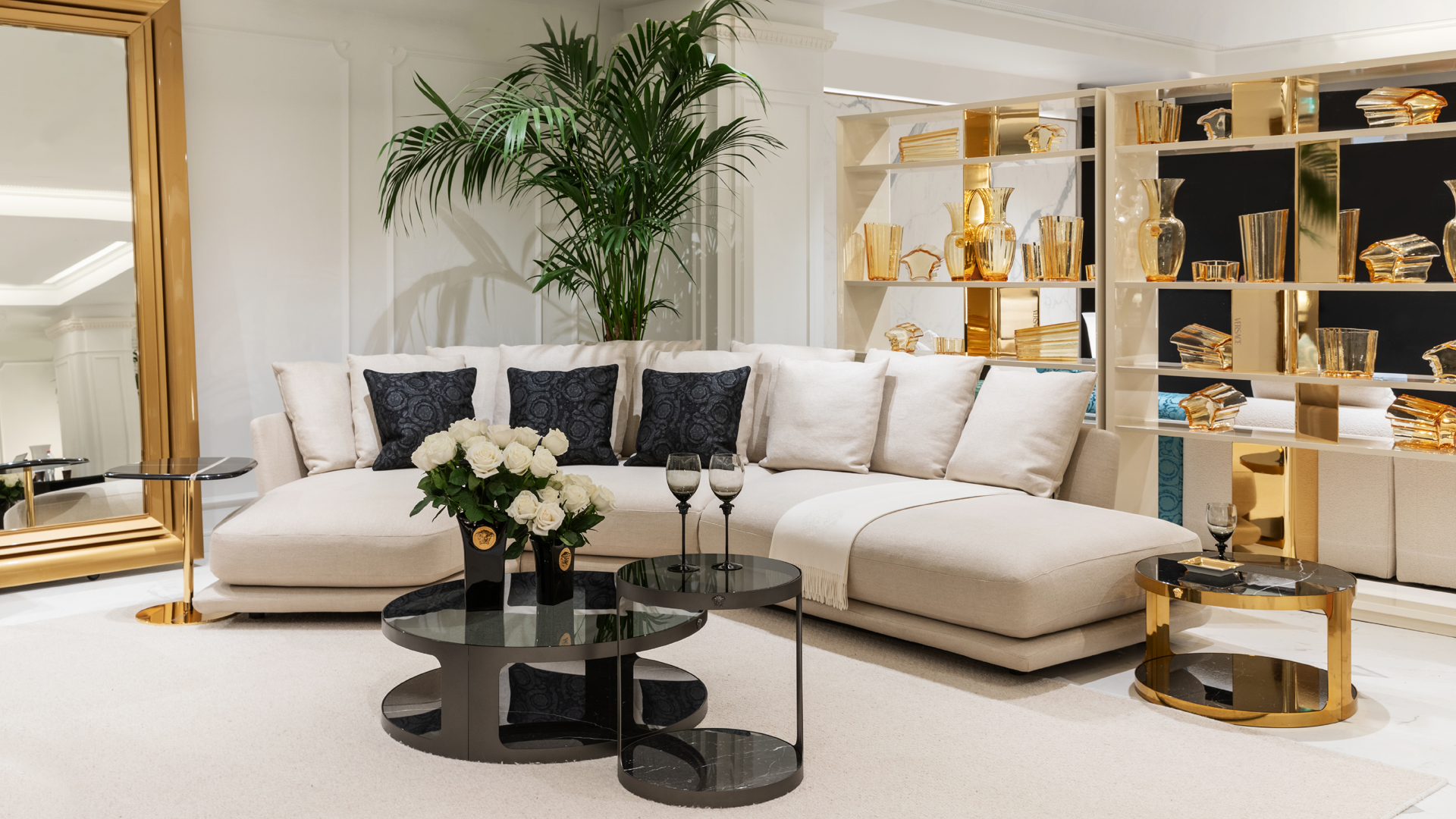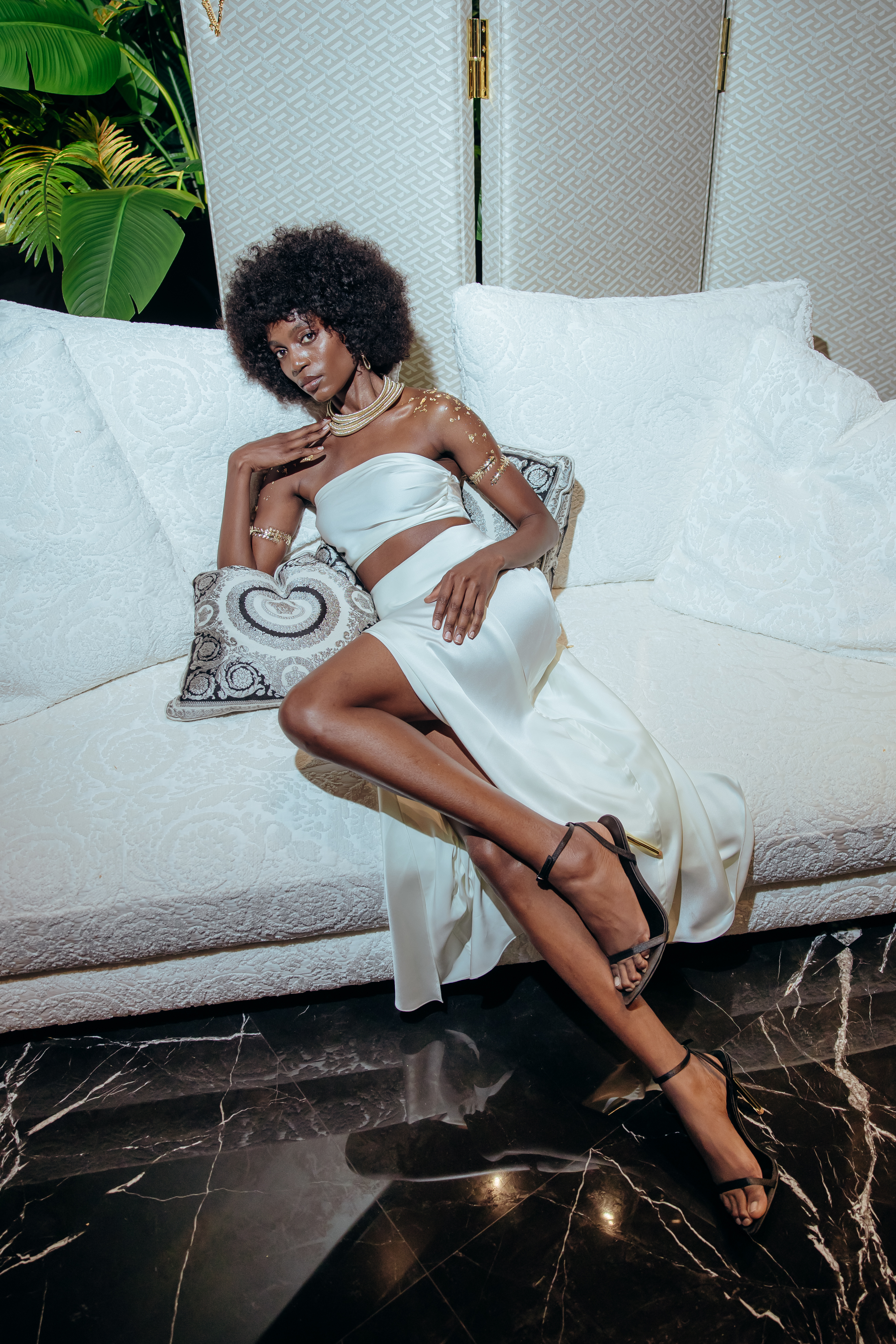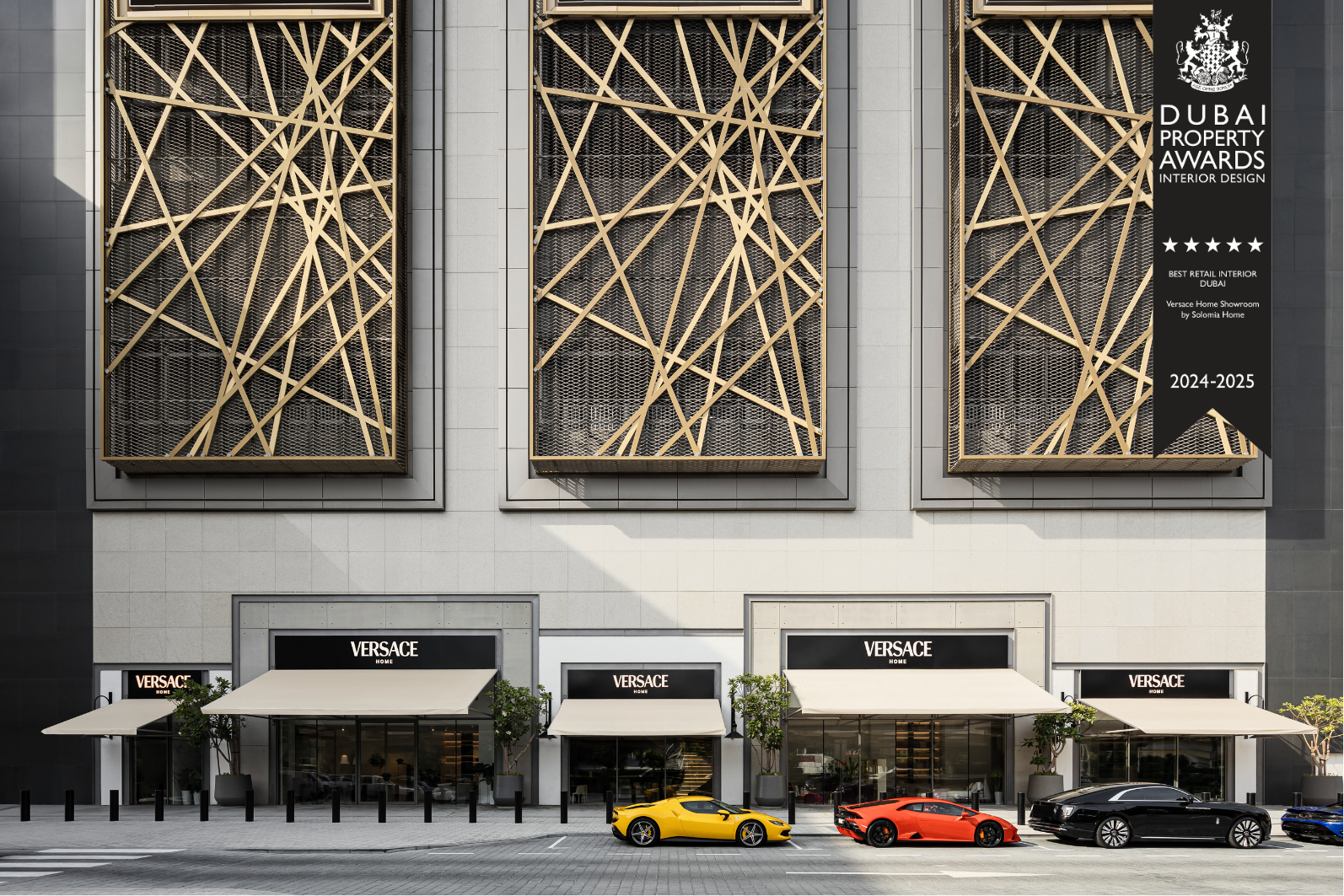Italian luxury furniture exemplifies a harmonious blend of contemporary elegance and functionality, offering exclusive furnishings that enhance both aesthetics and comfort. Commanding nearly half of global production, Italy’s luxury furniture market is set for steady growth, driven by demand for high-end design, sustainability, and timeless craftsmanship.
Market overview
Italy stands as a global leader in luxury furniture production, accounting for approximately 40-50% of the world's output. The Italian luxury furniture market is projected to grow at a steady CAGR of around 4.5% from 2024 to 2029, driven by increased demand for high-end residential projects, innovations in design, and sustainability trends.
According to Fortune Business Insights, the industry is primarily driven by overall consumer spending and factors such as household debt levels, per-capita income, and consumer expectations. The ever-increasing disposable income, improvement in living standards, and growing demand for furniture are contributing to the luxury furniture market growth.
Current trends
As Italian luxury furniture design evolves, there is a clear shift toward distinctive materials, with open-pored marble and richly textured wood creating a luxurious, organic feel. Contrasts between textures and finishes further enhance sophistication, adding depth and visual intrigue. This interplay defines modern Italian luxury furniture, blending timeless appeal with a curated touch.
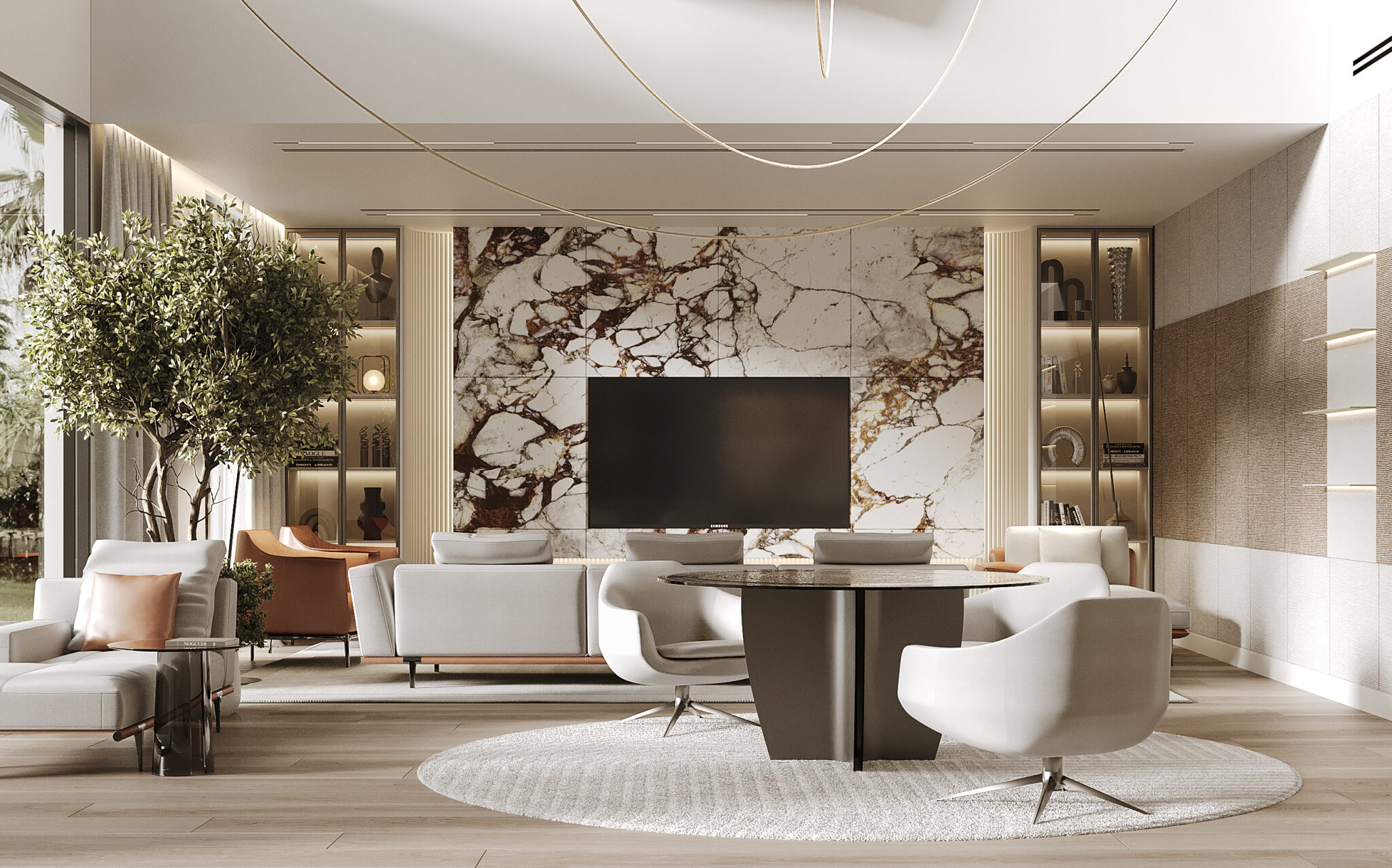
Growth Drivers
1. High-End Residential Projects
The global demand for luxury furniture is on the rise, particularly in North America and Asia-Pacific, where affluent clients invest heavily in high-end interiors. Leading cities such as New York, London, and Dubai are at the forefront of this trend, with high-net-worth individuals seeking unique, elegant furnishings that define luxury living.
Italian brands, celebrated for their craftsmanship and timeless designs, have become staples in these markets. Brands like Versace Home, Poliform, and Flexform provide exclusive pieces that not only stand out individually but also offer an unparalleled experience of refined living.
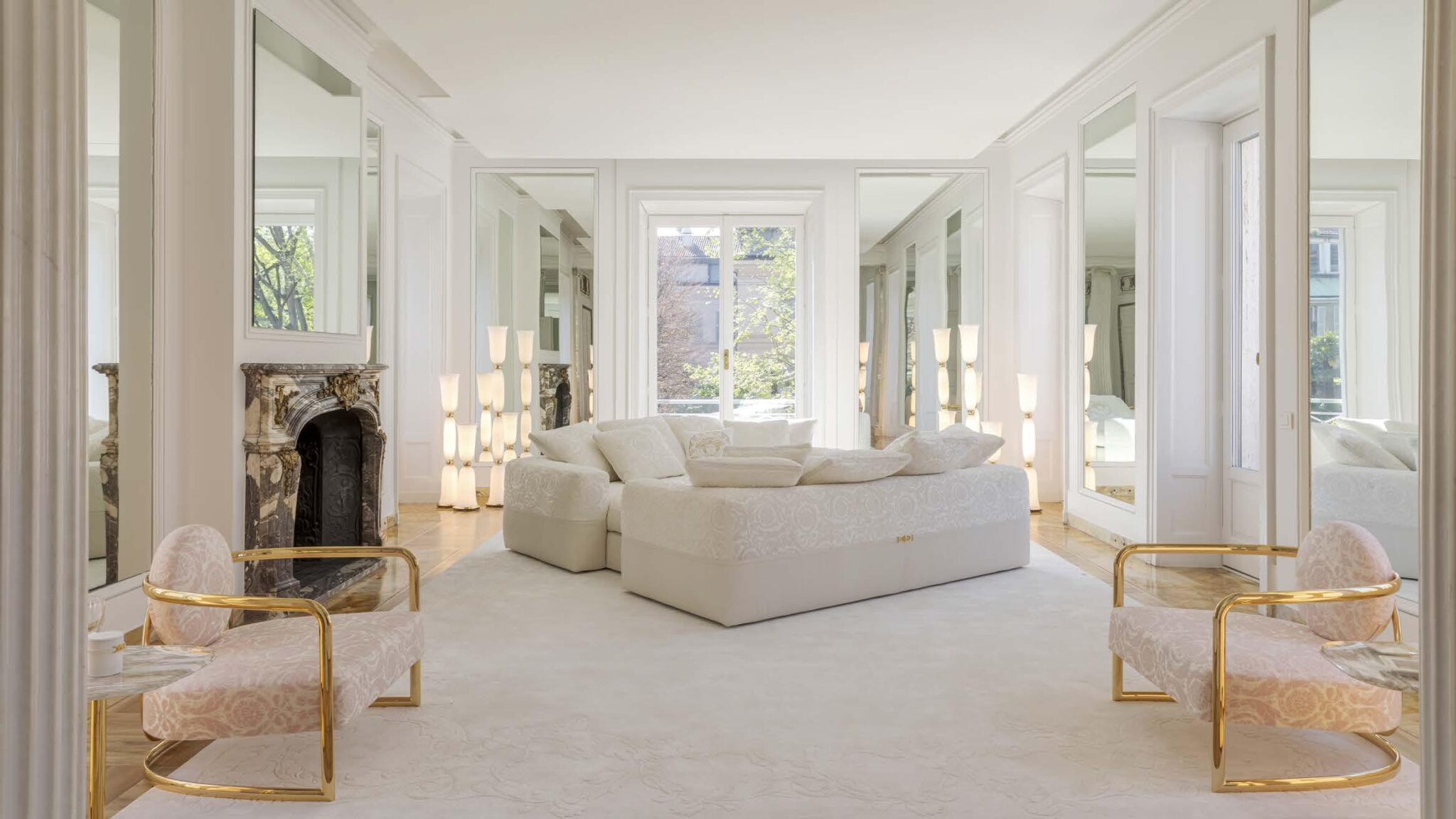

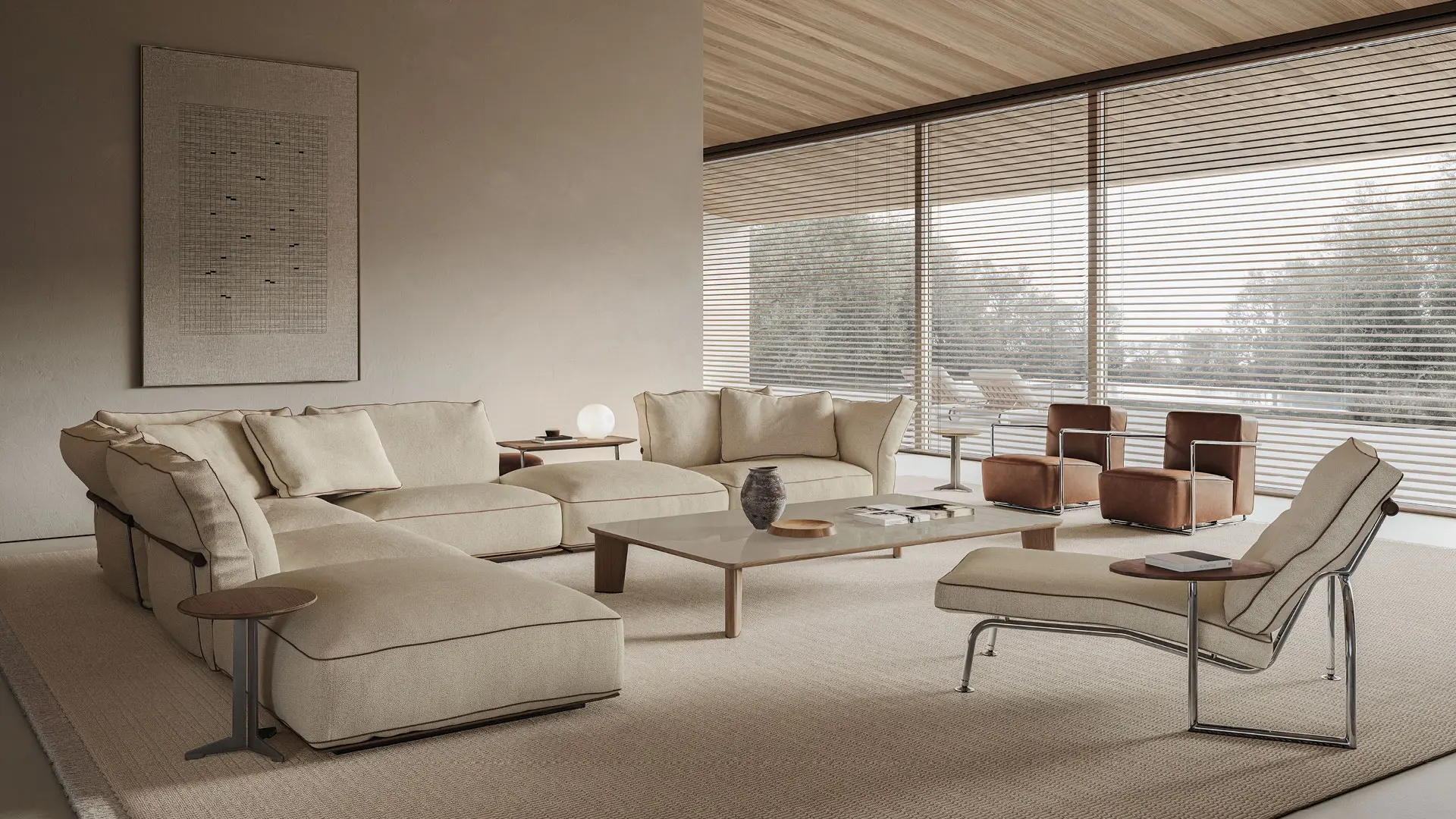
2. Design Innovation
In the realm of Italian luxury furniture design, a dynamic interplay exists among designers like Donatella Versace, Giorgio Armani, and Jean-Marie Massaud, each infusing their distinct aesthetic into the industry. Versace Home is known for its opulence and glamor, reflecting the brand's fashion-forward ethos. In contrast, Armani/Casa exemplifies minimalist elegance, utilizing refined materials to create sophisticated pieces. Meanwhile, Massaud's collaborations with brands such as Poliform emphasize simplicity and sustainability, resulting in functional yet stylish designs. This creative rivalry not only enriches the market but also offers consumers a wide array of styles that seamlessly blend aesthetics with functionality.

3. Sustainability Initiatives
Italian luxury furniture brands are increasingly embracing sustainability, incorporating eco-friendly practices and recycled materials like reclaimed wood, organic fabrics, and recycled metals. At the 2024 Forbes Middle East Sustainability Leaders Summit, Solomia Home CEO Luca Bacci emphasized the industry's commitment to reducing environmental impact. This shift meets the growing demand for ethical luxury, blending quality materials with Italian craftsmanship and encouraging consumers to choose products that embody both luxury and sustainability through eco-friendly design.
Future Trends
Customization and sustainability are set to drive growth in Italian luxury furniture. Consumers increasingly desire bespoke pieces that reflect their unique styles, blending seamlessly with exclusive interiors. The expansion of digital platforms and e-commerce offers Italian brands the opportunity to provide virtual consultations, bringing the elegance and sophistication of Italian craftsmanship to clients worldwide.
Conclusion
The Italian luxury furniture market is poised for continued growth, driven by increased global demand for premium, sustainable furniture. Brands like Versace Home, Poliform, Flexform will remain at the forefront, combining tradition with innovation to cater to the evolving tastes of a sophisticated, international clientele.
